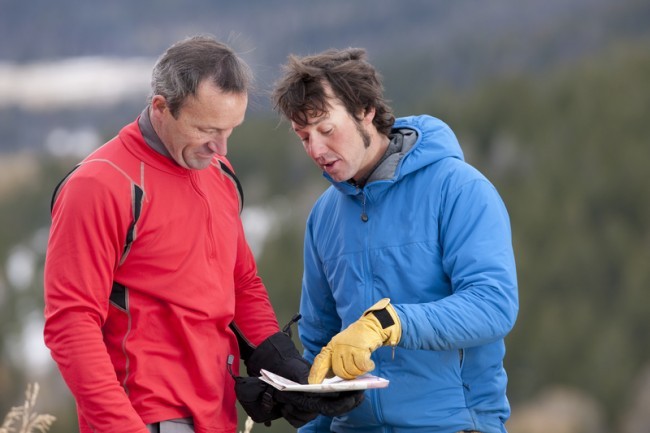Like you, there will be many people who get out of a situation in time because they evacuated or dug in deep at home for the initial storm to pass over them. Unlike you, they haven't thought far enough ahead to know what to do next. How you handle these people is up to you, but take some time to read the article below for some advice on the situation.
First: If you're part of a group, hopefully you have discussed this issue. If your group plans on digging in and protecting your homes, you most likely have some background on the prepper wannabes, or PWBs. You can still benefit from accepting them. There are things that they can do.
Security: Be prepared to brief them on the current situation and what will be required of them. Team them up with one of your trained personnel guarding the access points to your neighborhood. Are there any with weapons training? Prior military or police experience. Are any doctors, nurses, day care workers?
Levels of confidence: While you will need to brief them, be sure that all your trained personnel knows to limit discussing your plans, where you keep weapons, additional supplies, bug out locations and routes with them. In short, provide them enough information for them to perform the duties assigned. Make them feel that they are part of the group, but keep your plans to yourself.
Food rationing: If your plans call for keeping all the food in a central location. Have them collect food, water and any other items from their homes and bring it to that location. Keep a record, or mark it with their names. While rationing will or may be required, seeing their names mixed in with others from the group gives them a sense of belonging.
Keep them busy: Select someone in your group to assist them in creating a bug out bag for each member of the family. Getting into their homes, building up a rapport as your team member guides them also gives you a chance to collect more information about them. That information could be vital if you have to suddenly bug out.
Weapons: Hopefully, some may have them. But, once again, what training have they had? When were they last used? Do you have someone in your group or can you assign someone, to inspect the weapons? Do they need cleaning? Do they have ammo and if so how much? Take the time to drill them on weapons safety. Create a hands on proficiency test. Be sure what you’re dealing with before you place a weapon in their hands.
Bugging out:
Suddenly having untrained personnel with you or worst collecting them along the way can quickly place you and your group in a life threatening situation. I’m sure there are many preppers out there saying that they would not collect PWBs or survivors that managed cross their path. After all, your supplies are limited and the more people in your group the more your group will stand out and perhaps become a target.
But, let’s look at the reality. Can you honestly say that you would walk past a hungry and scared child? A most likely SHTF situation that we could encounter will be due to Mother Nature, Fire, Flood, Snow Storm, Earthquake, etc. Your plans should be flexible enough to adjust to the situation that surrounds you.
As previously stated, these PWBs can quickly become hindrances or boons to your well laid-out plans; it's how you decide to use them that matters most. If someone is a doctor or a nurse, they can quickly become an extremely valuable resource, as can a former soldier or police officer.
Even if somebody has a career that is not deemed immediately beneficial to survival in a SHTF world, they often will still have skills or a personality type that will make them a valuable asset. Make room for these contingencies; they may just prove to be a valuable resource.
This is an excellent insight into the mentality of the average prepper in a post-SHTF society. For much more information on this topic, read more at The Prepper Journal.
